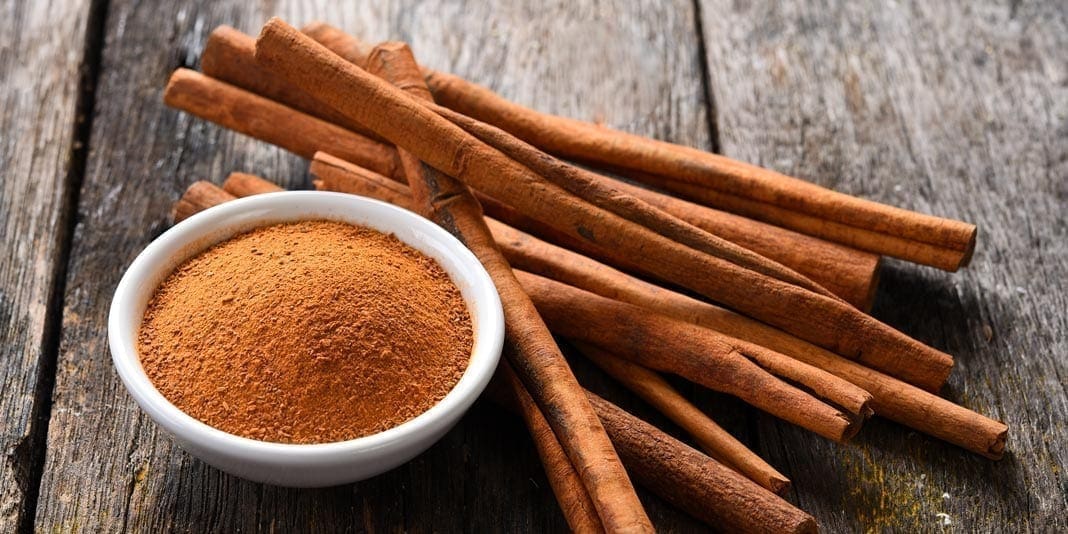Spices are an essential in every kitchen. Unseasoned food is, well, boring. I don’t know about you, but I genuinely believe that the more spices you use, the better food tastes. But not only do spices make food taste better, but certain spices are also teeming with health benefits.
Many of the spices we use daily are full of antioxidants and can improve your overall health. So whether you’re using them for the taste or for the health benefits, these are some spices you should definitely have in your spice cabinet:
Cinnamon
Cinnamon is so versatile. Use it on oatmeal, in a smoothie, even in your coffee! But, did you know that cinnamon is also great for your heart? It reduces high blood cholesterol and triglyceride levels and lowers the risk of heart disease for people with diabetes.
Ginger
Ginger is an amazing food and spice to use in smoothies, tea, and baked goods. But ginger also relieves nausea caused by pregnancy, motion sickness, or chemotherapy. It is full of antioxidants and is overall a great spice to add to a variety of dishes.
Garlic
If you’re sick, amp up your garlic intake. Garlic’s health benefits come from a compound called allicin, which also gives it its strong smell. In addition to aiding with sickness, garlic is also suitable for heart health. It helps with reducing high cholesterol and blood pressure.
Turmeric
Turmeric is a fantastic spice used to fight inflammation. It’s famous for its bright yellow color and is often used in curry dishes. The main component in turmeric, curcumin, can reduce inflammation in the brain, which leads to Alzheimer’s disease and depression. However, it’s essential to know that to get the most out of turmeric, you have to combine it with black pepper to enhance the absorption in the body.
Cayenne
The main active ingredient in cayenne is capsaicin, which can help with weight loss. It reduces appetite and increases fat burning. Capsaicin has also been linked to easing pain, as it reduces the number of pain signals sent to the brain. It is especially useful for internal pain from ulcers as it restricts the growth of ulcer-causing bacteria.




































